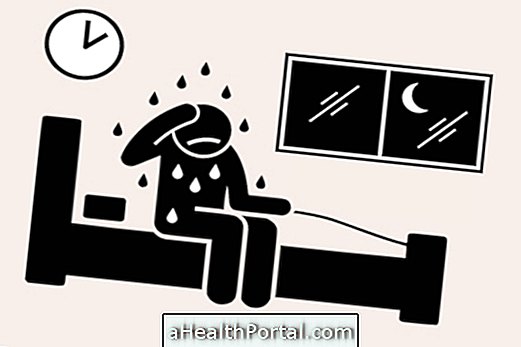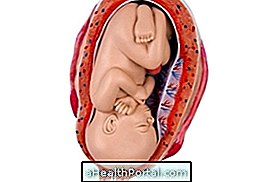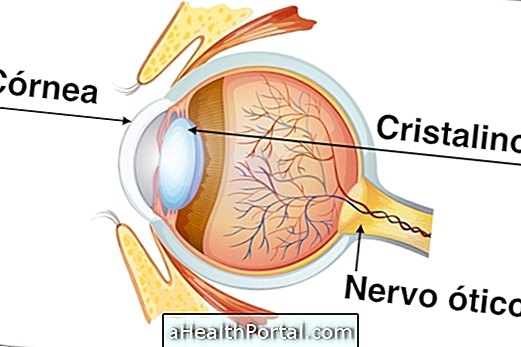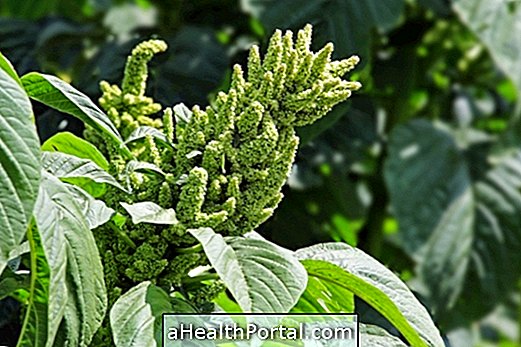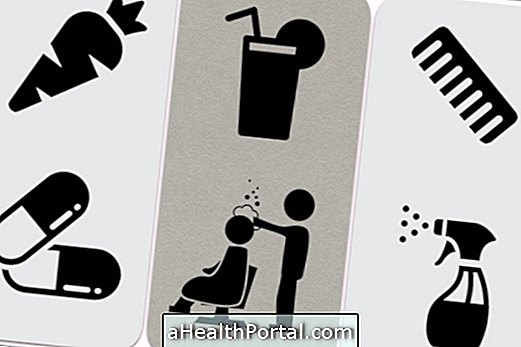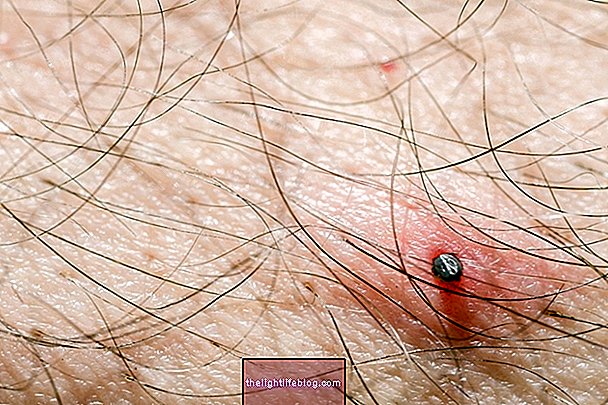The hiccup is a spasm of the diaphragm and muscles of the thorax, but when it becomes constant it can indicate some type of irritation of the phrenic and vague nerves, which innervate the diaphragm, due to situations like reflux, consumption of alcohol or gas, as well as a breathing for example.
Most often, the hiccups are harmless and pass in a few minutes or with stimuli such as holding breath, blowing, drinking ice water or gargling, for example, however, constant hiccups are characterized by several episodes of daytime hiccups, for several days in a row. See 5 homemade ways to stop the hiccup.
When the hiccup becomes constant, it is important to investigate the cause, as there may be some important neurological alteration, gastrointestinal or respiratory tract impairment, and medical evaluation is necessary to better determine the cause and indicate appropriate treatment.

What can it be
The main causes of constant hiccup include:
- Excessive consumption of beverages containing gas, such as soft drinks, and alcoholic beverages;
- Excessive consumption of food that can increase the production of gas, dilating the stomach, such as cabbage, broccoli, peas and brown rice, for example - See what are the foods that cause gas;
- Gastrointestinal disorders such as esophagitis, gastroenteritis and reflux mainly correspond to the stomach contents back to the stomach and towards the mouth, causing pain, inflammation and triggering hiccups. Learn how to identify and treat gastroesophageal reflux;
- Changes in the respiratory system are due to diseases such as pneumonia, for example, or increase in respiratory rate after strenuous physical exercise, for example, by decreasing the CO2 concentration in the blood stream;
- Electrolyte changes, ie, change in calcium, potassium and sodium in the body;
- Neurological diseases that can change the control of respiratory muscles, such as brain tumor and multiple sclerosis, for example.
In addition, the constant hiccup may arise after surgical procedures in the chest or abdomen region, as it may cause some type of stimulation or irritation in the region of the diaphragm. These causes are very related to the occurrence of the sobs, however it is not known what actually leads to the occurrence of these spasms. Know other causes of the hiccup.
What to do
When the hiccup is constant, not stopping naturally or with methods that stimulate the vagus nerve and raise blood levels of CO2, such as blowing something, drinking cold water, holding your breath for a few seconds or breathing in a paper bag, for For example, it is necessary to seek medical attention so that the possible causes are identified.
Thus, hiccups that last more than 48 hours should be investigated by performing tests such as chest X-rays, blood tests, computed tomography, MRI, bronchoscopy, or endoscopy, for example. Then, after identifying the cause, the doctor will indicate the appropriate treatment, which may include use of antibiotics, gastric protectors or changes in diet, for example, depending on the cause.
Constant hiccup in baby
The hiccup in babies is a common situation, because at this time your chest muscles and diaphragm are still developing and adapting, and it is common for your stomach to fill with air after breastfeeding. Thus, the presence of hiccups is usually not a concern, and it is recommended to adopt some measures that help to pass faster, such as leaving the baby standing or putting it to burp. See other tips on what to do to stop the hiccup in the baby.
However, if the hiccup lasts longer than 24 hours or interferes with feeding, breastfeeding or sleep, it is important to seek the evaluation of the pediatrician, since it may be something more serious, such as infections or inflammation.




